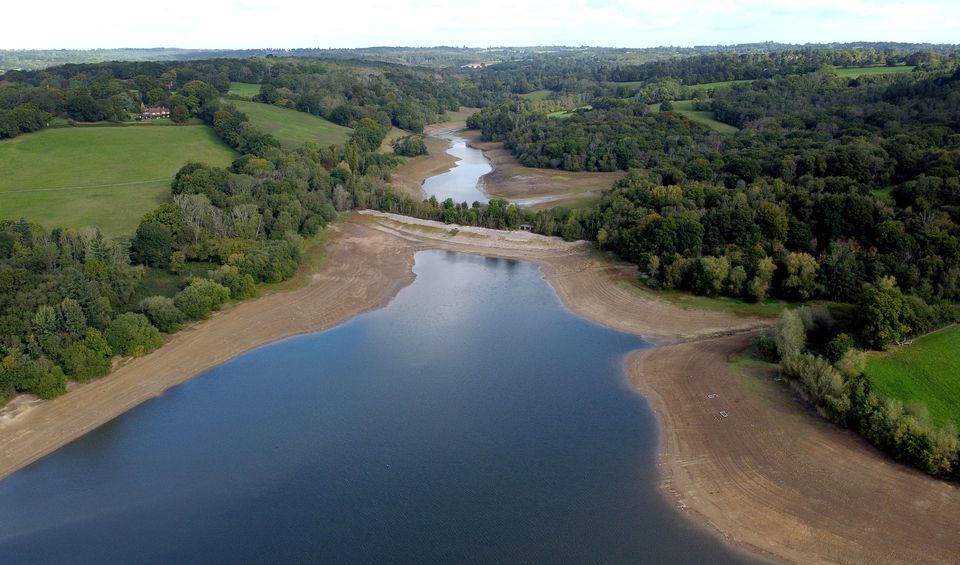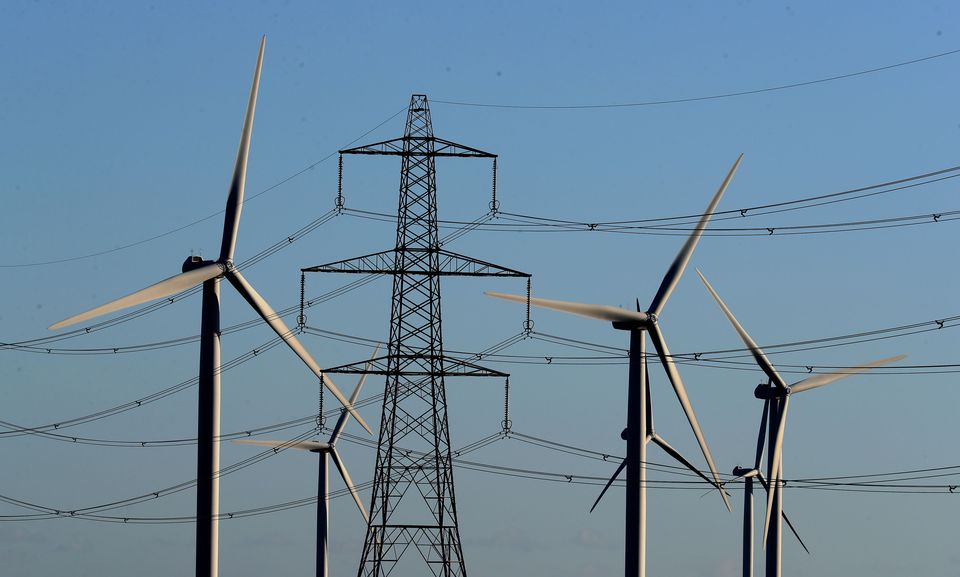Tackling climate change in isolation could cause damaging trade-offs and unintended consequences to nature and other planetary crises, an international body of experts has warned.
Biodiversity loss, water and food insecurity, health risks and climate change are all interconnected in ways that amplify each other and accelerate their devastating global impacts.
But current efforts to address these five challenges are often siloed and counterproductive, fixing one problem while exacerbating the other, the Intergovernmental Platform on Biodiversity and Ecosystem Services (IPBES) said in a landmark report released on Tuesday.
Professor Paula Harrison, from the UK Centre for Ecology and Hydrology and co-chair of the report, said: “They have different institutions and departments working in isolation from one another and this can result in conflicting objectives, inefficiencies, perverse incentives and costs and also unintended consequences.”
Speaking ahead of the report’s release on Tuesday, she cited the increasingly common practice of planting tress to capture carbon in the UK, which can negatively impact areas like water, biodiversity and food if not done carefully.
“If you were only tackling climate change, you might plant really fast growing trees that are very dense in structure that literally are just around sequestering carbon,” she said.
The low water level at Ardingly Reservoir in West Sussex during the hosepipe ban in 2022 (Gareth Fuller/PA)
“You end up with a massively dense force that has no benefit of value whatsoever for biodiversity, it might use a huge amount of water and cause a lot of water stress.
“But you can actually still plant forests that are nature-friendly, that are much more multi-functional, that will still sequester carbon – they might not sequester as much carbon but at the same time will provide a lot of value for other aspects of the system.”
For the report, 165 experts from 57 countries carried out a scientific assessment over three years of the complex ways the different crises interact.
They collated dozens of options for how global decision-makers can best respond to them together and meet international policy frameworks like the Sustainable Development Goals (SDGs), Kunming-Montreal Global Biodiversity Framework and the Paris Agreement on climate change.
Professor Pamela McElwee, from the US who is also the report’s co-chair, said: “The best way to bridge single-issue silos is through integrated and adaptive decision-making.
“‘Nexus approaches’ offer policies and actions that are more coherent and coordinated – moving us towards the transformative change needed to meet our development and sustainability goals.”
The report’s authors warned that current decision-making prioritises short-term financial returns while ignoring costs to nature and failing to hold those to account for negative economic pressures on the natural world.
The report warns that tackling climate change alone could exacerbate other planetary crises (Gareth Fuller/PA)
Prof Harrison warned that carrying on with “business as usual” scenarios will lead to “substantial negative outcomes” for biodiversity, water, food, health and climate change, but will also see costs to tackle the crises skyrocket.
While some efforts – like research and innovation, education and environmental regulations – have been “partially successful” in improving trends across the different crises, the report said these are unlikely to succeed without addressing interlinkages more fully and tackling indirect drivers, such as trade and consumption.
The authors instead put forward more than 70 options to decision-makers to help manage the different crises in synchrony along with a detailed roadmap on how governments, business leaders and other stakeholders can implement them successfully.
Options included restoring carbon-rich ecosystems such as forests, soils and mangroves, managing biodiversity to reduce risk of diseases spreading from animals to humans, urban nature-based solutions and sustainable healthy diets.
The experts also proposed larger economic and financial reforms, such as changing subsidy systems so they no longer incentivise practices that destruct nature, of which the very global economy is dependent on.
A more inclusive approach that gives voices to those most affected by the crises – particularly those in developing countries and indigenous communities – will also support the development of holistic solutions, they said.
Inger Andersen, executive director of the United Nations Environment Programme (UNEP), said: “The IPBES Nexus Assessment is the first comprehensive global assessment that looks at the interlinkages between these crises and identifies solutions.
“As governments continue work towards achieving commitments made in the Sustainable Development Goals, the Global Biodiversity Framework and the Paris Agreement, this report comes at a critical moment to support countries achieve our global goals.”
Options for decision-makers to bring into effect included restoring carbon-rich ecosystems such as forests, soils and mangroves (Joe Giddens/PA)
Achim Steiner, administrator at the United Nations Development Programme, said: “Our ecological and planetary systems are deeply interconnected with all life on Earth, including humanity.
“Yet decisions to address threats to biodiversity, water, food, health and climate are too often made in isolation, leading to misalignment, unplanned trade-offs or unintended consequences at best – and negative outcomes at worst.
“By illuminating the intersections between environmental, social, and economic crises, the IPBES Nexus Assessment exposes both the limitations of isolated action and the opportunities and acceleration possible from better-aligning our global efforts.”


